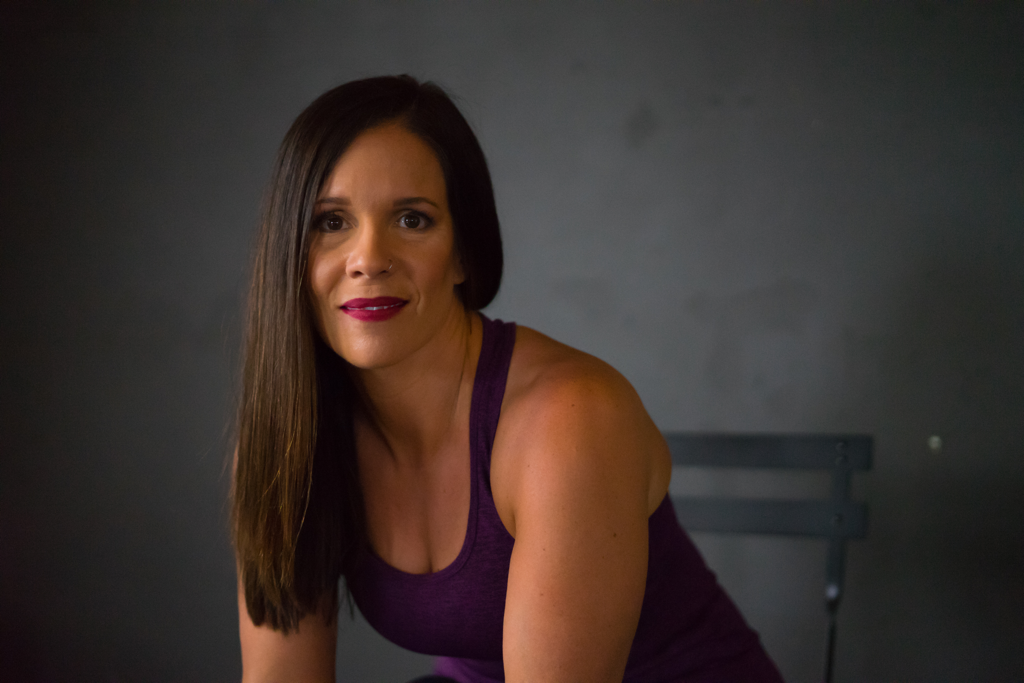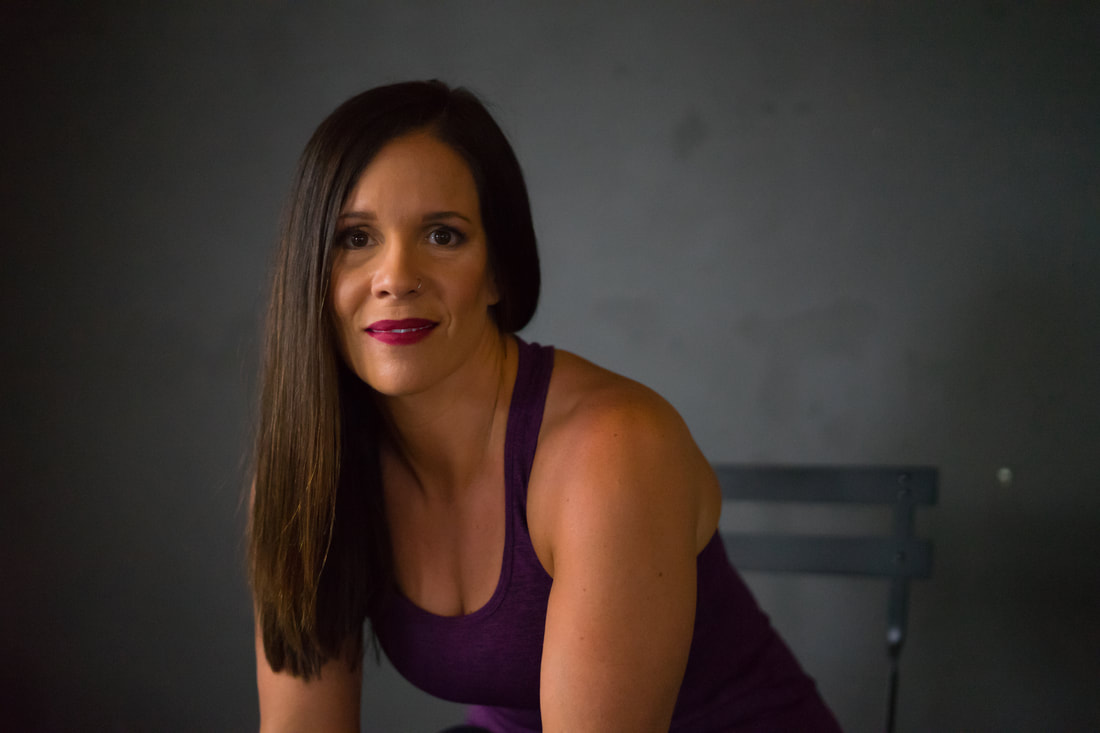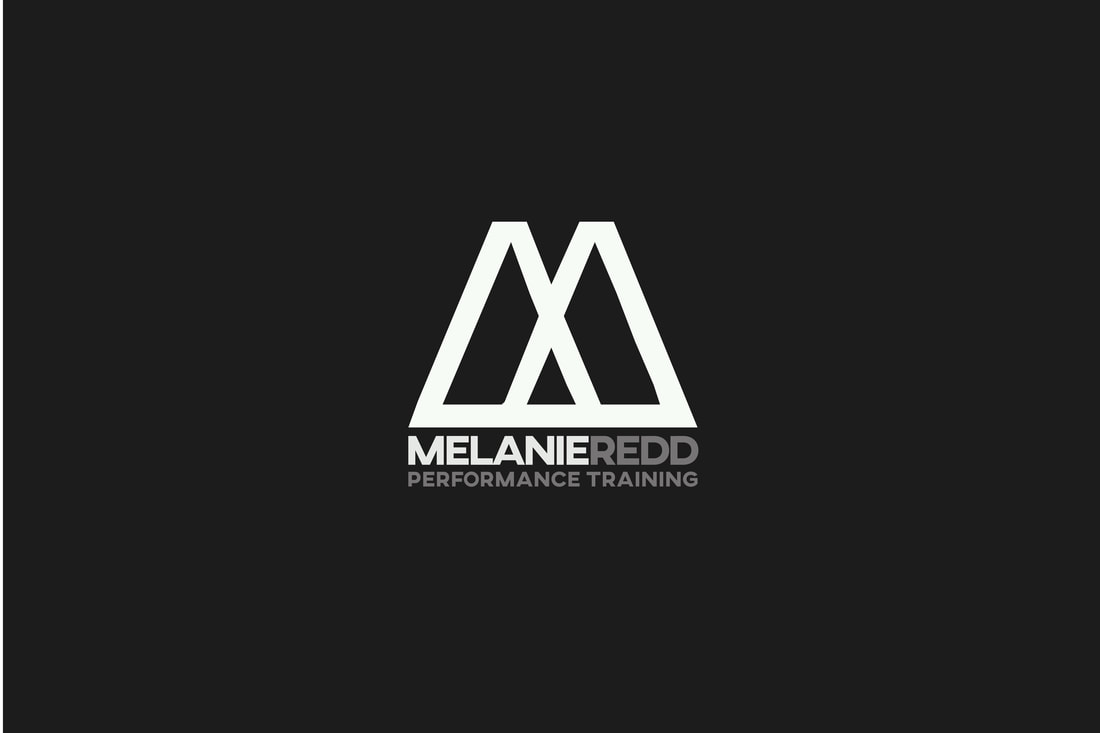Can we talk about pain and discomfort?
So often I hear people say they have pain or discomfort and they chalk it up to “this is just how I am” as if there’s nothing they or anyone can do about it.
Have we as humans been programmed to believe pain/discomfort is our destiny and we must just ignore or work around it? I fear so. Often this message comes from Dr.’s. I have experienced this myself as I dealt with painful knee cysts. An orthopedic Dr. advised me to just stop moving since I was so “old” there was nothing they could do. (I was only 42!). I followed that advice for a while, eliminated weighted low body exercises and running and lost a great deal of lower body strength that I am still working to regain after a year of fixing the real issue on my own. (I discovered a hip immobility and a weak Glute medius in my quest to fix my knees. Improving both has allowed me to keep cysts under control and I’m now back to heavy lifting and jogging).
When we stop moving altogether, the breakdown of body and health is expedited. Ceasing Movement is not the answer in most cases and we must challenge this notion.
I’d like to change this narrative.
Some things you need to know regarding your pain/discomfort:
1. “Genetics” and “bad knees” may or may not be a thing. In most cases there is still a fix for your problem. Don’t assume this is the hand you’ve been dealt.
2. Regardless of whether your pain/discomfort is truly genetic or a result of lifestyle/habits/age, pain can be alleviated with the correct protocol in most cases. Sometimes you can self correct with the proper plan and sometimes you need to seek medical care.
3. Wherever your pain is, it’s most likely not where the dysfunction originated. Got bad knees? Could be an ankle or hip immobility/instability dysfunction.
Things that can help alleviate pain/discomfort:
healthy diet, proper strength training, anti-inflammatory holistic supplementation, Corrective exercise, physical therapy, and chiropractic/massage techniques.
While this may be a generalization of pain/discomfort, my point is to urge you to seek out answers and work toward alleviating or at least lessening your pain/discomfort. In most cases, relief is within your control and is worth exploring.
Your quality of life just may depend on it.
Melanie Redd is a Corrective Exercise and Functional Movement Specialist, experienced in the Functional Movement Screen which detects dysfunctions within the kinetic chain and works toward fixing those dysfunctions.
So often I hear people say they have pain or discomfort and they chalk it up to “this is just how I am” as if there’s nothing they or anyone can do about it.
Have we as humans been programmed to believe pain/discomfort is our destiny and we must just ignore or work around it? I fear so. Often this message comes from Dr.’s. I have experienced this myself as I dealt with painful knee cysts. An orthopedic Dr. advised me to just stop moving since I was so “old” there was nothing they could do. (I was only 42!). I followed that advice for a while, eliminated weighted low body exercises and running and lost a great deal of lower body strength that I am still working to regain after a year of fixing the real issue on my own. (I discovered a hip immobility and a weak Glute medius in my quest to fix my knees. Improving both has allowed me to keep cysts under control and I’m now back to heavy lifting and jogging).
When we stop moving altogether, the breakdown of body and health is expedited. Ceasing Movement is not the answer in most cases and we must challenge this notion.
I’d like to change this narrative.
Some things you need to know regarding your pain/discomfort:
1. “Genetics” and “bad knees” may or may not be a thing. In most cases there is still a fix for your problem. Don’t assume this is the hand you’ve been dealt.
2. Regardless of whether your pain/discomfort is truly genetic or a result of lifestyle/habits/age, pain can be alleviated with the correct protocol in most cases. Sometimes you can self correct with the proper plan and sometimes you need to seek medical care.
3. Wherever your pain is, it’s most likely not where the dysfunction originated. Got bad knees? Could be an ankle or hip immobility/instability dysfunction.
Things that can help alleviate pain/discomfort:
healthy diet, proper strength training, anti-inflammatory holistic supplementation, Corrective exercise, physical therapy, and chiropractic/massage techniques.
While this may be a generalization of pain/discomfort, my point is to urge you to seek out answers and work toward alleviating or at least lessening your pain/discomfort. In most cases, relief is within your control and is worth exploring.
Your quality of life just may depend on it.
Melanie Redd is a Corrective Exercise and Functional Movement Specialist, experienced in the Functional Movement Screen which detects dysfunctions within the kinetic chain and works toward fixing those dysfunctions.





